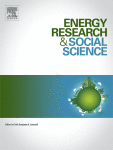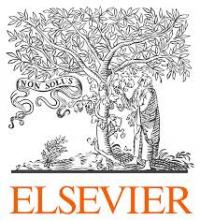Resource information
This article draws on actor network theory (ANT) and assemblage to interrogate the potential future manifestation of open conflicts due to unresolved latent local socio-economic and political grievances associated with oil exploitation near fishing communities and the implications of oil-related environmental degradation on local livelihoods in the Western Region of Ghana. Drawing on network geographies, this paper argues that the impact of oil on the environment and conflict is conditioned and shaped by a ‘globalised assemblage’ – interactions between and among states, national, local and transnational actors. Bad policies and (in) actions of government and its agencies, oil companies, and local actors damage the environment and livelihoods and generate displeasure among locals. Consequently, violent conflict can later emerge in Ghana if the latent fisher-folks’ grievances remained unresolved because conflicts are not events, but they build over time through complex processes. Unresolved environment challenges compromise livelihoods and create dissatisfaction among locals and can ferment conflicts in communities near the oil fields. Thus, inadequate engagement with locals to appreciate environmental challenges and covert conflicts between locals and government/companies highlights the temporality of oil impacts, where current tensions result in a future open display of resource-infused conflicts.


